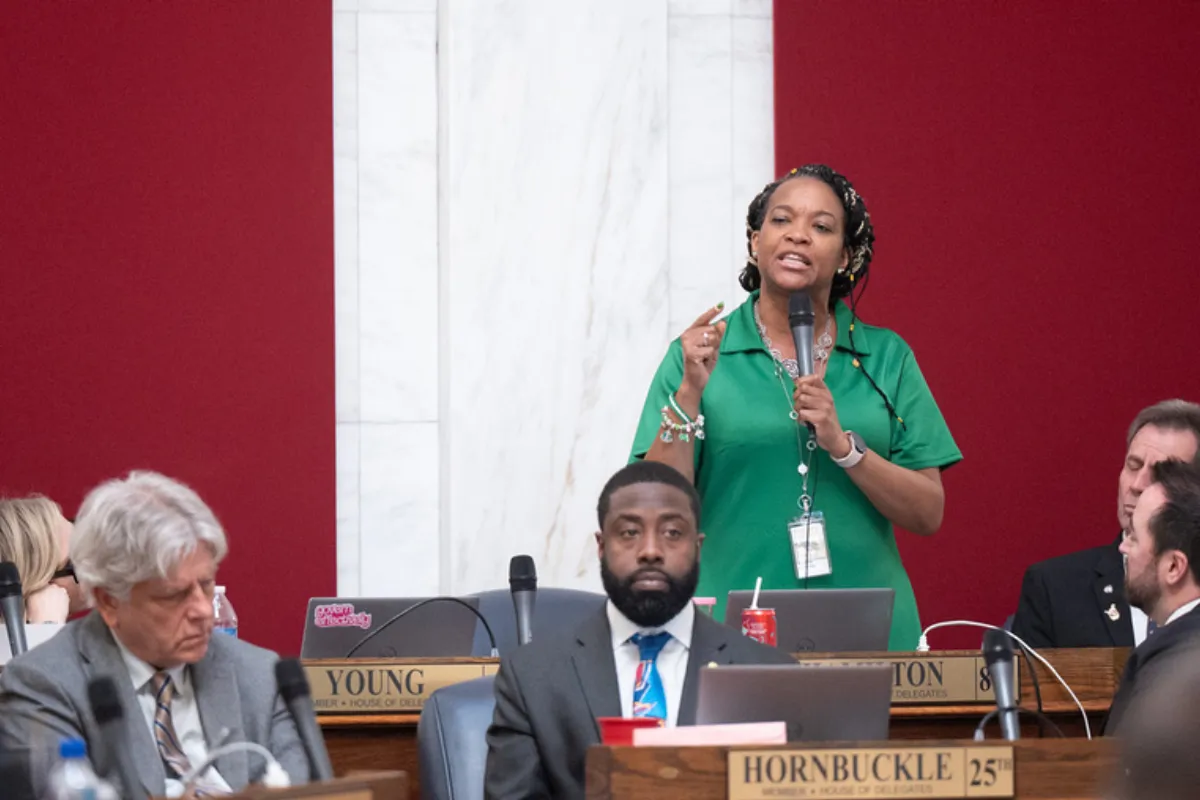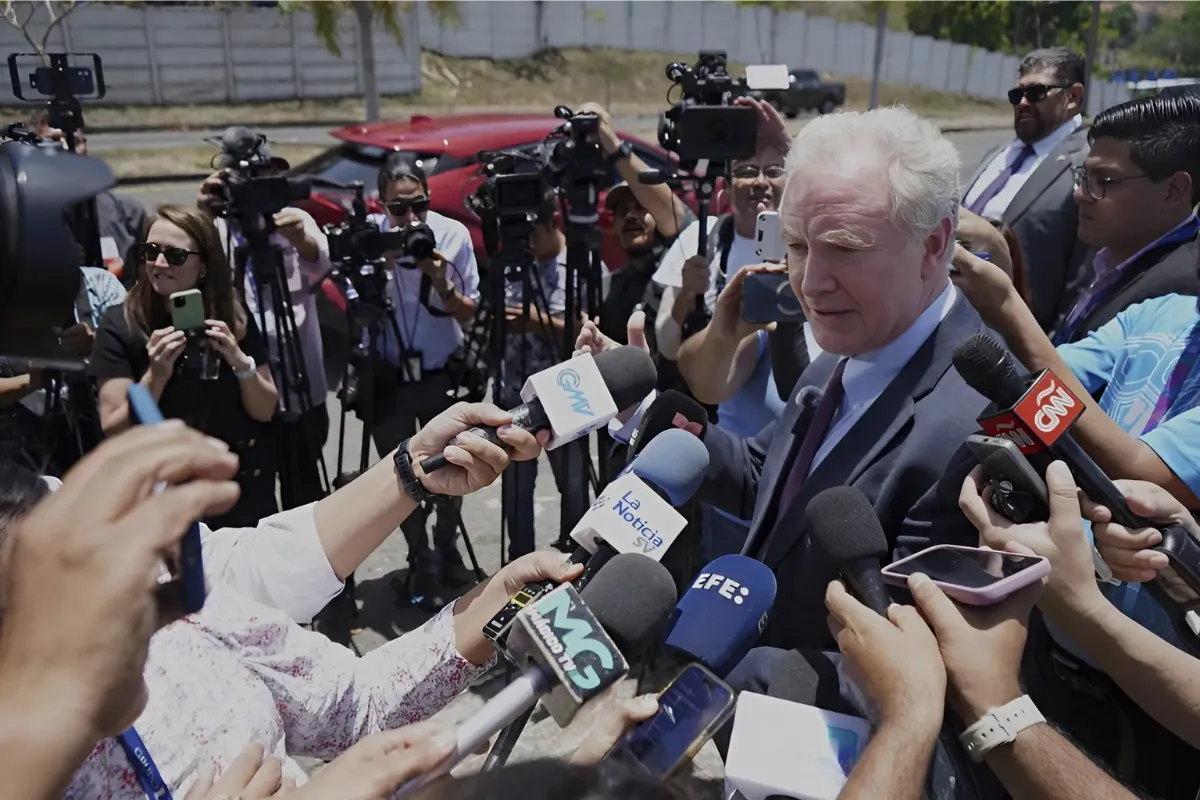In a tense and chaotic finish to the 2025 West Virginia legislative session, lawmakers passed a bill banning most diversity, equity and inclusion (DEI) programs across state institutions. The vote came in the final 30 minutes of the session, drawing criticism and accusations of procedural misconduct from Democratic legislators.
Senate Bill 474, which eliminates DEI policies in state and local governments and public schools—including colleges and universities—was pushed through with what Sen. Joey Garcia, D-Marion, described as “dirty tricks.”
The bill first passed the House at 10:41 p.m. after nearly three hours of heated debate. When it reached the Senate, 13 amendments from Garcia appeared to still be on the table. That’s when confusion broke out.
Sen. Eric Tarr, R-Putnam, moved to suspend Joint Rule 3, a legislative rule that controls how amendments and disagreements between the House and Senate are handled. The motion passed, and the Senate quickly approved the House’s version of the bill in a 31-2 vote—without reviewing any of Garcia’s proposed changes.
After a short recess, and as legal staff and the Senate parliamentarian gathered at Senate President Randy Smith’s desk, Tarr withdrew his motion, citing a technical mistake. The Senate then repeated the vote, once again passing the bill 31-2.
During this procedural whirlwind, microphones for both Garcia and Sen. Mike Woelfel, D-Cabell—who voted no—were reportedly muted as they tried to raise points of order. Garcia later questioned the legitimacy of the vote.
“This was a procedure I’ve never seen in my 13 years,” said Senate President Smith, R-Preston. He admitted to not fully understanding what had just occurred but insisted everything followed the rules according to the chamber’s parliamentarian.
Still, Garcia said he believes the bill may not have passed legally. “They’ll break the rules, take shortcuts—whatever it takes to push their agenda,” he said.
The bill bans services or opportunities from being offered based on a person’s race, ethnicity, national origin, and in some cases. Supporters argue it ensures fairness, while opponents say it erases protections for historically marginalized groups.
Before the bill reached the Senate, Democratic delegates in the House tried to delay or amend it. Of 27 proposed amendments, only three were accepted. Those rejected included one to adopt the Crown Act—which bans discrimination based on hair texture and style—and another to protect veterans and people with specific political beliefs from being affected by the law.
Delegate Anitra Hamilton, D-Monongalia—one of just three Black legislators in West Virginia—gave an emotional speech against the bill. She explained that DEI isn’t about giving special treatment but about making sure everyone gets a fair chance.
She shared her personal experiences with systemic racism, especially in the Legislature itself. Her message was echoed by Minority Leader Sean Hornbuckle and Delegate Hollis Lewis, both of whom are also Black.
“Diversity, equity and inclusion matter,” Hamilton said. “If we don’t embrace these principles, we will continue to fall behind. I pray not only that this bill is overturned, but also the harmful mindset behind it.”
Now passed, the bill heads to Governor Patrick Morrisey’s desk for final approval. Opponents are already hinting at a possible legal challenge.










